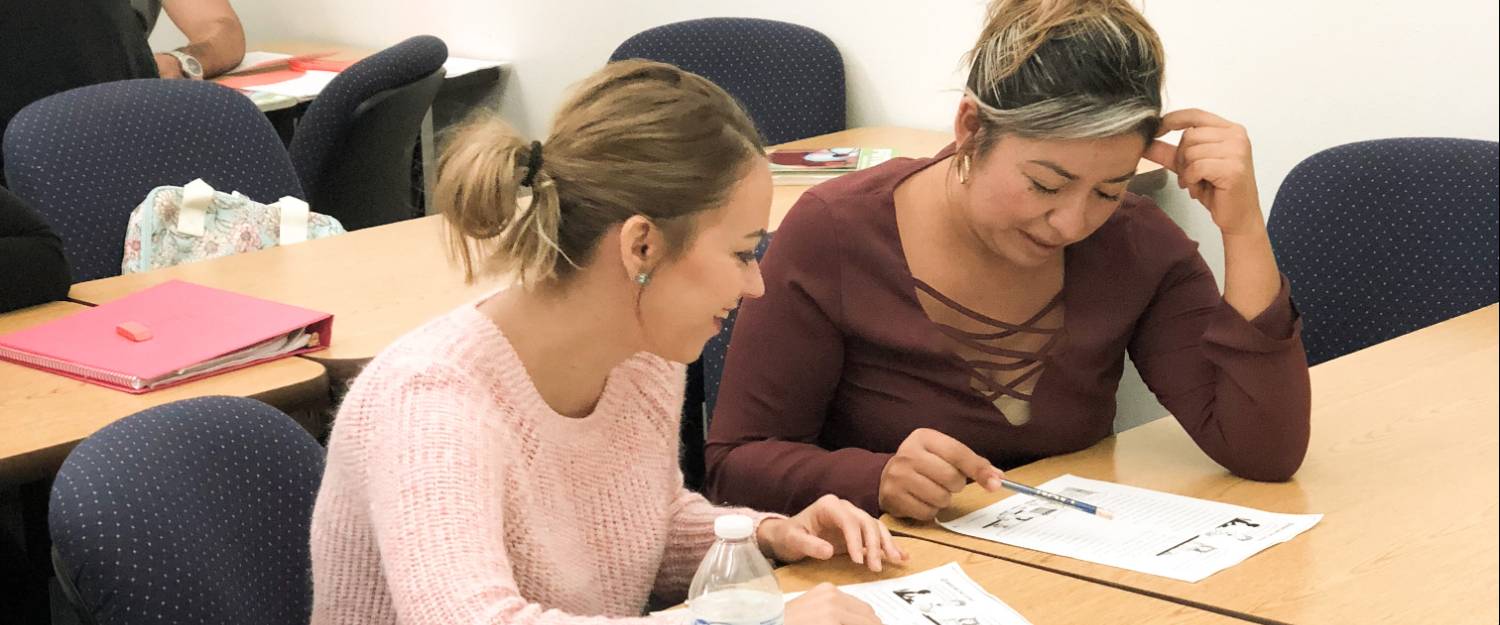Rise by Six: Your Daily Dose of Inspiration
Explore insights and stories that elevate your day.
Classrooms Don’t Have Expiration Dates
Unlock lifelong learning! Discover how knowledge fuels your journey beyond the classroom—classrooms never expire, and neither should your curiosity.
Lifelong Learning: Why Classrooms Are Essential Beyond School
Lifelong learning embraces the idea that education does not stop when one leaves the classroom. Classrooms are essential beyond school because they provide structured environments that encourage curiosity and growth. This concept is especially important in today’s fast-paced world, where information and technology are constantly evolving. By continually engaging with learning environments, individuals can update their skill sets, stay relevant in their careers, and foster cognitive development. As adults, seeking out courses, workshops, and professional training ensures that knowledge is not only acquired but also applied in meaningful ways.
Moreover, classrooms offer more than just academic knowledge; they also cultivate critical social skills. In a classroom setting, individuals collaborate, share ideas, and learn from diverse perspectives, which enrich their understanding and adaptability. The role of classrooms in lifelong learning extends to fostering community connections and networks that can support personal and professional growth. As such, embracing lifelong learning through classroom experiences can lead to profound benefits, including enhanced creativity, increased innovation, and the ability to navigate the complexities of modern life.

The Evolution of Education: How Learning Transcends Traditional Classrooms
The evolution of education has been a remarkable journey, reflecting the dynamic nature of society and technology. In the past, learning primarily took place within the confines of traditional classrooms, where a fixed curriculum dictated the flow of information. However, as the world has rapidly transformed with advancements in technology, learning has transcended these physical boundaries. Today, students can access knowledge from anywhere, whether through online courses, interactive webinars, or educational apps. This shift has empowered learners to take charge of their own education, fostering a more personalized and engaging experience.
Moreover, the transformation in educational formats has opened up new avenues for collaborative learning. With the rise of technology, immersive tools such as virtual reality (VR) and augmented reality (AR) have begun to reshape how students interact with material. Additionally, global connectivity allows for collaborative projects among peers worldwide, breaking down geographical barriers that once restricted learning. As education continues to evolve, it is clear that the classroom is no longer the sole venue for acquiring knowledge; rather, it is part of a broader ecosystem where learning takes place in diverse and innovative contexts.
Are Classrooms Still Relevant in the Age of Online Learning?
The debate on whether classrooms are still relevant in the age of online learning has taken center stage as educational paradigms shift. Classrooms have traditionally been seen as vital spaces for learning, offering direct interactions between students and teachers, which can foster collaboration and engagement. However, with the rise of advanced technology and the increasing availability of online resources, many argue that online learning can provide a more flexible and tailored approach to education. This shift raises important questions about the significance of in-person learning environments in nurturing critical thinking, social skills, and a sense of community among students.
Despite the conveniences of digital platforms, there remain compelling reasons to uphold the importance of classrooms in education. For instance, in-person learning allows for immediate feedback and support from educators, which can be instrumental in addressing diverse learning needs. Furthermore, classrooms serve as a setting for socialization and development, where students can build lasting relationships and engage in discussions that are often more enriching than those conducted through a screen. Ultimately, while online learning offers valuable alternatives, the physical classroom still holds a unique place in the educational landscape by promoting interactive learning and fostering a sense of belonging.